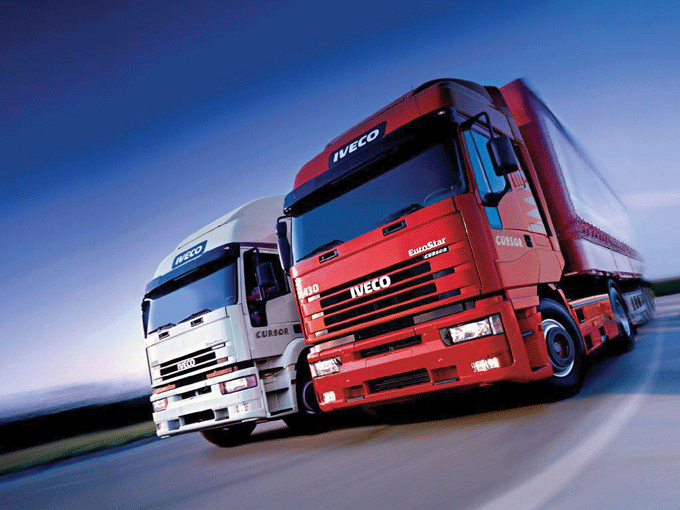
By Liu Zhenmin
IN early 2020, as economies and societies the world over began to shut down in efforts to reduce the spread of COVID-19. I was, like many of us, reminded of how closely we are all interlinked through transport. The mobility of people and goods — the lifeblood of so many livelihoods and trade; the bridge for people to access health, education, food and finance — was suddenly ground to a near-halt.
Fast forward to late 2021. Under the shadow of the pandemic, we have lost years, if not decades, of progress towards poverty eradication.
Inequalities within and across countries have widened. Economic growth prospects, even now, are uneven and uncertain.
Climate change has continued inexorably, with its disastrous effects becoming ever more evident.
Despite these setbacks, we can still achieve a better future by following the detailed roadmap of the 2030 Agenda for Sustainable Development and the Paris Agreement on climate change, but we need to ramp up our collective efforts.
We must move swiftly and wisely to accelerate progress simultaneously across multiple goals and targets with focused, global action.
We need to direct our attention towards areas with deep, systemic links across the economic, social, and environmental dimensions of sustainable development.
- Chamisa under fire over US$120K donation
- Mavhunga puts DeMbare into Chibuku quarterfinals
- Pension funds bet on Cabora Bassa oilfields
- Councils defy govt fire tender directive
Keep Reading
One of these crucial areas is sustainable transport.
It aims to boost greener economic growth, secure universal access for people, enhance safety on the roads, improve resilience and greater efficiency, and reduce the environmental impact on the air we breathe.
Achieving these ends has the potential to reverse many sustainable development setbacks, while setting the course more firmly towards a sustainable and equitable future for all. But we still have quite a distance to go: over a billion people lack access to all-weather roads and only about half the world’s urban population has convenient access to public transport.
Road traffic injuries are the leading cause of death among young people aged 15 to 29, and transport systems are not resilient enough in the face of frequent and more intense extreme weather events.
Transport contributes about a quarter of direct carbon dioxide emissions from burning fossil fuels.
This is why the United Nations Second Global Sustainable Transport Conference, being held in Beijing, China from October 14 to 16, is taking place at a particularly important time.
It is an opportunity for the kind of knowledge-sharing, collaboration and dialogue, necessary to advance progress in sustainable transport.
It is also a chance to recognise and record the extraordinary dynamism of multiple global actors whose commitments and partnerships are driving change.
I invite and encourage their contributions to our special online registry.
Ahead of the conference, I see three main priorities:
First, we have to make sure that transport is accessible, safe and affordable for everyone, everywhere.
Land-locked developing countries, least developed countries and small island developing States need support to leapfrog towards sustainable, resilient connections with global and regional networks.
Targeted efforts are also needed to ensure transport safety and accessibility for people who face the most difficulties in accessing mobility services.
Second, while such efforts are underway, more needs to happen — and faster — in mobilising transport for climate action. Improving energy efficiency and increasing the use of low- or zero-carbon energy sources, such as alternative fuels or renewables-powered electric vehicles, must be extended without delay.
At the same time, investing in more resilient infrastructure is also essential to counter those adverse impacts that are already taking effect.
As we do so, let us also be careful to not create new forms of inequality or environmental damage.
Third, we must do whatever is possible to work cohesively within countries, but also through international co-operation.
Understanding and intentionally leveraging the interlinkages between sustainable transport and the sustainable development goals and their targets is an opportunity to resolve trade-offs and to benefit from synergies.
Solutions already exist for many of the interconnected challenges we face, and many others are being developed.
But getting them to work will only happen if we overcome our historic fragmentation and help all partners to work together towards our common goal.
As we navigate a shared path out of the pandemic, it is time for all hands on deck for making sustainable transport a force for the SDGs and climate action.
With the clock already ticking on our 2030 deadline, we cannot afford to miss this boat.
- Liu Zhenmin is Under-Secretary-General for the UN Department of Economic and Social Affairs











